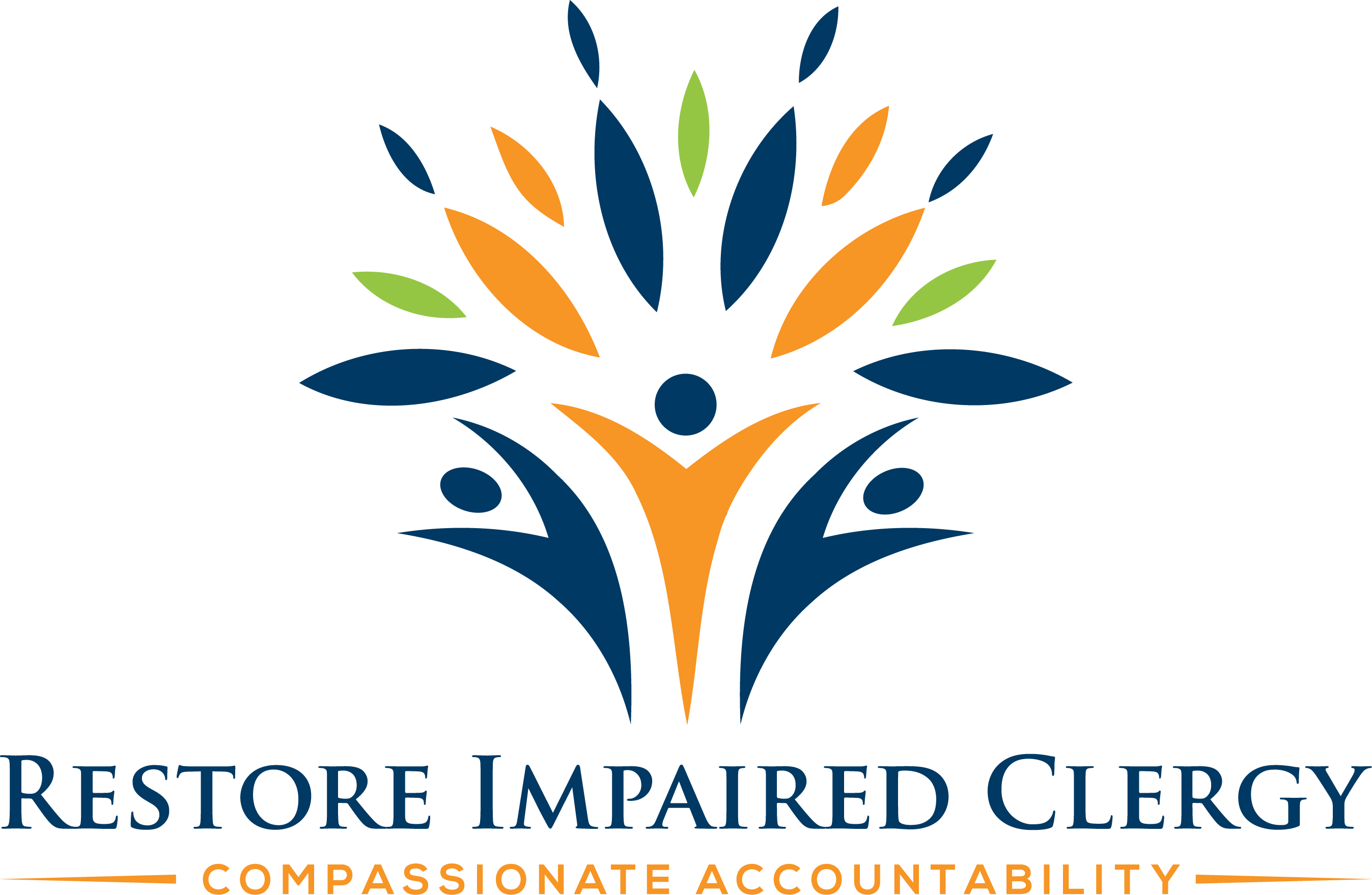The CRIC Model changes the way church governing bodies manage clergy with alcohol dependence and other behavioral health issues. The model consists of policies, programming and training for those church bodies.
CRIC is dedicated to helping church governing bodies restore impaired clergy through Compassionate Accountability—offering unwavering support while holding clergy accountable to take the necessary steps toward recovery. By addressing behavioral health challenges like addiction and mental illness, we aim to strengthen clergy, congregations, and the broader church.
Clergy face unique pressures that make them more vulnerable to behavioral health issues than most professionals. Research shows that:
- Nearly 70% of clergy lack close friendships. (Schaeffer 2016)
- Over 90% work 50-70 hours per week. (Schaeffer 2016)
- About 17% have diagnosed mental illnesses (Lifeway Research, 2021).
These challenges often result in hidden issues like misconduct, burnout, or unresolved conflicts, which can damage both clergy and their congregations.
CRIC adapts successful impaired practitioner programs used in other professions to fit the unique needs of clergy and church governance. These programs include long-term therapy, monitoring, and accountability, ensuring individuals are supported throughout their recovery. Studies, such as one involving 7,737 nurses, have shown success rates of up to 90% with structured monitoring over five years.
The CRIC Model provides tools and support for governing bodies to develop and implement policies and practices that:
- Support their clergy with programs to restore clergy that include therapy, accountability, and monitoring.
- Care for families and congregations affected by behavioral health challenges.
- Educate church leaders to recognize and address these issues.
- Integrative church policies designed to ensure sustainable solutions.
From 2025 to 2027, we will pilot this program with 6-10 church bodies, refining it to serve denominations across the U.S. and Canada.
Behavioral health issues among clergy can have devastating effects on their ministries, their families, and their congregations. By proactively addressing these challenges, we can prevent harm, restore health, and build stronger, healthier churches.
CRIC is led by a dedicated team of professionals with expertise in business management, development, pastoral ministry, therapy, education, and recovery. Together, we are building a future where clergy can recover, lead, and serve with integrity. By addressing these issues now, we can ensure a healthier, more resilient church for generations to come.
